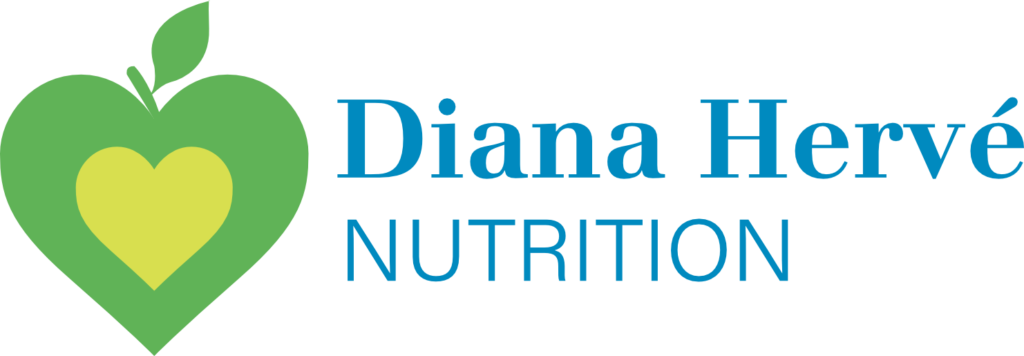JANUARY 2020 – HERE WE GO AGAIN – newspapers & magazines brimming with advice that will make one or two self-appointed health guru/health experts very rich – until next year, when the process will happen all over again. Same old same old, a variation on a theme, yawn yawn!
Headlines about your diet and exercise regime – what you should be eating, what your body composition shouldbe, what you should not be eating, what you should not be doing in the gym, what you should be doing in the gym, how many proteins/carbs/fats you should / should not be eating?
So many instructions, so much advice, so many new rules to live by! But ask yourself – is it sustainable? Does it fit in with your family and work commitments? Is it affordable? Are the recommendations and advice only appropriate for those able to afford a juicer blender, a personal trainer or a gym membership, or a crèche to look after your children, or the diet and recipe books to follow the programme exactly?
If you realize this is unattainable for you, you may have some negative feelings or feel confused about the whole subject, and wrongly think that improving your health and wellbeing is not an option for you. But this does not have to be the case.
Here are 5 evidence-based facts that will enable you to nourish yourself well, to support your health and get active without stressing over gym memberships and time constraints.
1. Walking is free – walking at a pace to raise your heart rate for a minimum 30 mins. daily, will improve your muscle tone, bone strength, heart health and boost your metabolism. It will improve your mood and increase positive feelings. You can do it whilst pushing a toddler in a buggy or carrying a baby in a harness. You can go whenever suits you.
2. Keep moving – find ways to get up and move for up to 5 minutes for every hour you are sedentary. If health does not permit this, consider chair based exercises – there are lots explained on the Internet or ask advice from your healthcare provider.
3. Eating regularly – 3 meals a day with a nutritious balance of protein/carbs/essential fats, will keep your metabolism burning at an optimal level. This will positively affect your: blood sugar levels; mood and energy; sleep; immune system; health generally.
4. Always eat a snack between 3.30 p.m.-4.00 p.m.of complex carbs + protein (apple + 6 nuts/3 oat cakes + hummus 2 ryvitas + 30g cheese or no sugar peanut butter/small banana + 6 nuts), as this will boost your serotonin levels, balance blood sugar and prevent picking or snacking on high sugar snacks later in the evening.
5. Avoid processed foods … they are full of refined sugars and trans fats that your body cannot use for energy, but will store it as fat and lead to numerous chronic conditions. Fill your fridge and cupboards with fresh, nutrient dense foods and you are good to go! It doesn’t matter how you cobble fresh foods together, be it a soup, casserole, salad, vegetable sauces, hotpots or curries. Fresh food contains nutrients that your body needs to function properly – so eat and enjoy!
5. Fad diets lead to chaotic eating. Unsustainable regimes are short lived and set you right back to where you started, with disordered eating habits that make you frustrated & unhappy with your body, accompanied by lots of negative self talk because you couldn’t find the willpower to commit to the strict rules.
So there you have it – 5 very simple, achievable guidelines to give you some sense and structure to retrain eating habits that may have gone awry over the festive period. If they did, so what? That’s normal, and remember, being perfect is far from normal! Moreover, think twice before you buy into yet another fad diet that is making someone else very rich, yet may end up making you feel bad about yourself.
Wishing you all a Happy and Healthy New Year
Diana Hervé
Reg. Nutritionist & Eating Disorder Therapist
www.dianahervenutrition.co.uk
